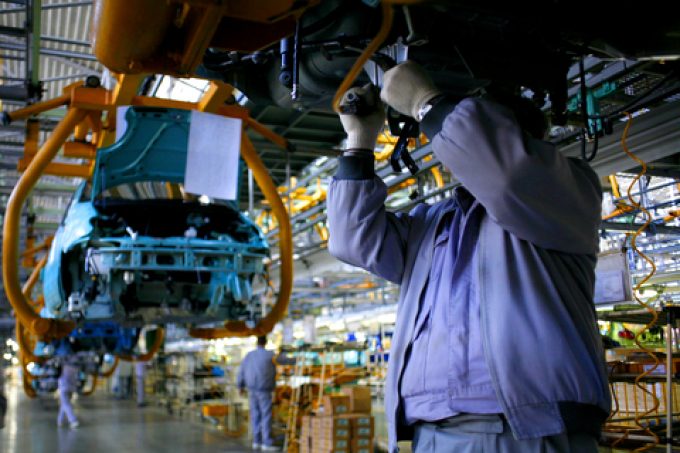Transhipment and 'the giants of global trade' – Vizhinjam Port can handle it
MSC has significantly ramped up its shuttle and other regional services out of southern India’s ...

China’s extended factory and transport shutdown is still seriously impacting global supply chains, with forwarders grappling with resulting cashflow constraints.
According to Taiwan-based market intelligence firm TrendForce, the coronavirus fallout has had the biggest impact on the consumer electronics and automobile industries.
“The outbreak has made a ...
Predatory rivals circle as the ripples from DSV's Schenker buy widen
Latest Israeli attack on Iran a threat to box ships in Straits of Hormuz
DHL Express facilities in Canada forced to shut down by strike
New Middle East conflict brings airspace closures, flight chaos and oil price worry
Industry concerns rise after yet another box ship on fire off Indian coast
More legal trouble in India for MSC: feeder vessel detained after box ship disasters
Return of downward pressure on container spot freight rates
BYD launches logistics subsidiary – and eyes ports and shipping sectors

Comment on this article